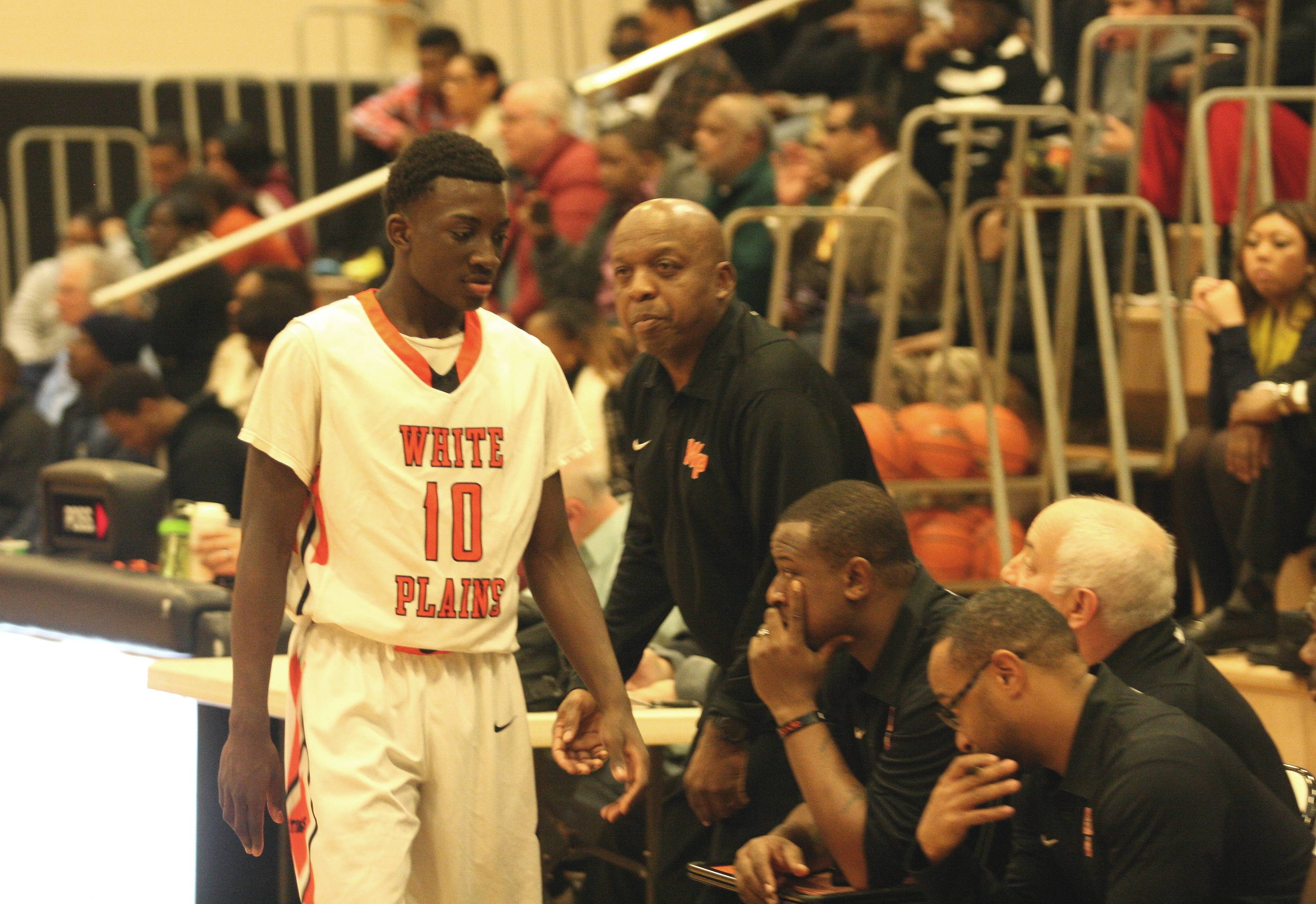Grapevine: The Never-ending Debate on the Health Aspects of Wine

“Red wine is healthy for you.”
“All alcohol is bad for you. Even moderate consumption can be detrimental to your health.”
These contradictory headlines blare out with increasing frequency. And each is backed by a scientific study or irrefutable pedigree. Which study to believe?
We are bombarded with so many conflicting news reports we adaptively, perhaps even instinctively, make distinctions amongst the reports based on our personal viewpoint and ideology, rather than on any authoritative or higher-learned source that we can rely upon. With the proliferation of information being hurled at us, who can discern reality from perception, fact from opinion?
This incongruity is increasingly applied to scientific studies, the last bastion of efficacy, and in some minds, even infallibility. Gone are the days when one could rely on a singular report, based on irrefutable parameters, as the definitive treatise on a particular study, be it in the field of technology, medicine, space or mathematics. The adage applies that there have been more scientific discoveries in the last 100 years than in all of humankind before that.
I’ve noticed this with increasing frequency in reports on the health impacts of consuming wine. Scientific findings vetted and published by highly regarded professional journals are increasingly contradictory. Is the scientific method becoming less reliable or is science itself becoming so advanced that permutations and differing findings are inevitable?
I have reported on the numerous studies undertaken to determine the health aspects of consuming wine in moderation. Here is the landscape of reports, all of which employed universally accepted scientific methods.
- Moderate consumption of red wine (two glasses per day for males; one for females) is healthy. Numerous medical and scientific journals have reported on the benefits of consuming resveratrol, a compound in red wine, including protecting the heart and brain, preventing cancers, fighting cancers, reversing diabetes and obesity, boosting the immune system and slowing the aging process.
- “Benefits of Red Wine a Myth” blared the headlines of a study conducted by Johns Hopkins University on a group of older adults deep in Tuscan wine country. They concluded that any benefit would require massive quantities of resveratrol (read wine), which would inevitably have deleterious effects on one’s health.
- Any consumption of wine is unhealthy. Studies report that wine contains alcohol and this alone overrides any perceived benefits. Even minor amounts of alcohol consumption may lead to liver disease, cancer, cognitive impairment and social dangers such as drunk driving and aggravated assaults.
- Last week I read a polarizing report published by the University of Texas at Austin that would likely baffle the staunchest supporters of wine consumption. The headline in Business Insider, an online news site, read: “A New Study Suggests That People Who Don’t Drink Alcohol Are More Likely To Die Young.”
The study was conducted over a 20-year span with 1,824 participants from ages 50 to 65. The study leaders concluded that 41 percent of moderate drinkers died prematurely compared to 69 percent of the nondrinkers. Heavy drinkers? Sixty percent died prematurely.
No underlying scientific reason was determined for this startling result.
It seems that for every one of us, there exists a study that conforms to our individual beliefs and psychological rationale. I find myself having to discern the truth amongst these reports: accept the scientifically-based conclusion in one report or the diametrically opposed result in another? Is there a valid scientific determination in any of them?
What’s a consumer to do? In the face of conflicting evidence, I resort to the universally accepted, unscientific evaluation method employed by generations of our ancestors – instinct. But our instincts are influenced by personal biases and ideology, which have been in part forged by the very media presenting the information our minds digest and process. The more we know, the less we know.
Nick Antonaccio is a 35-year Pleasantville resident. For over 15 years he has conducted
wine tastings and lectures. He also offers personalized wine tastings and wine travel services. Nick’s credo: continuous experimenting results in instinctive behavior. You can reach him at nantonaccio@theexaminernews.com or on Twitter @sharingwine.


